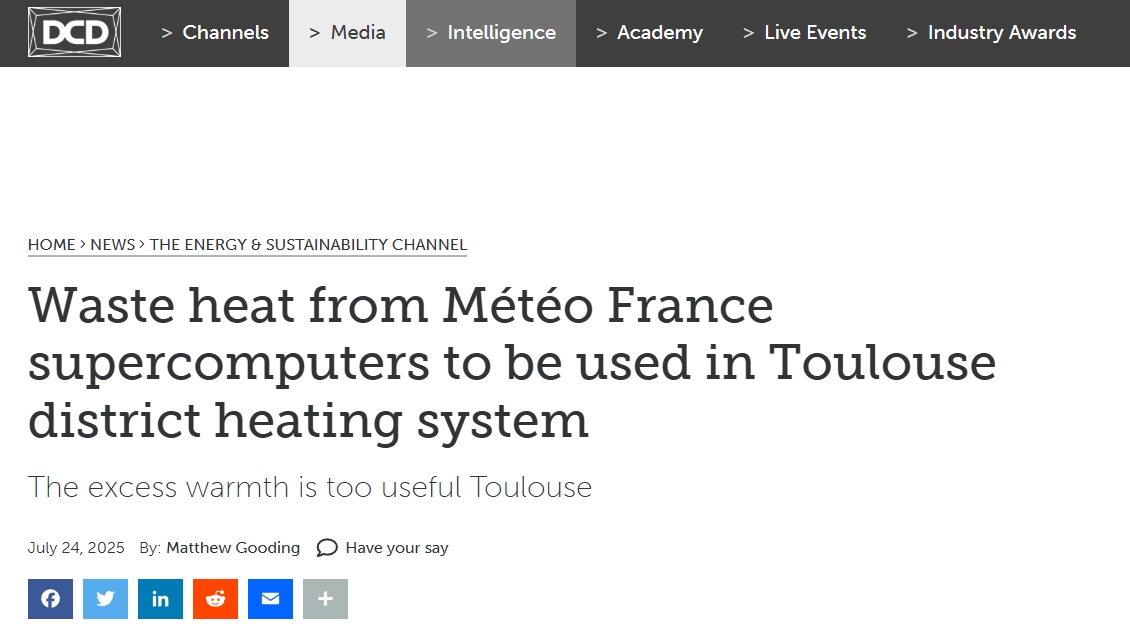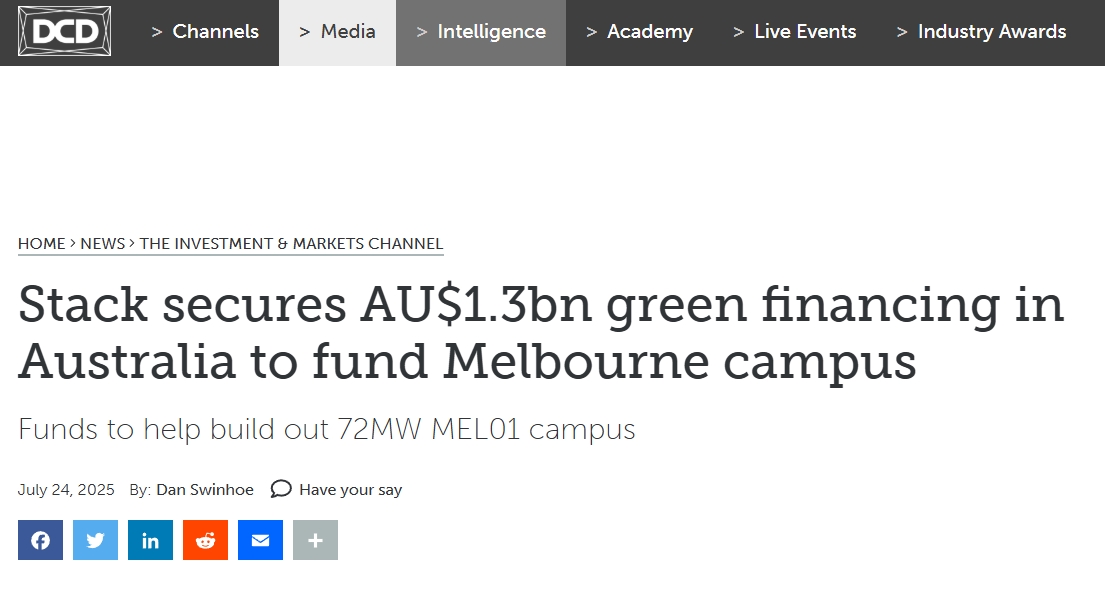According to the announcement disclosed by the Shanghai Stock Exchange, the STAR Market companies achieved a total revenue of CNY 98.155 billion in the first quarter, a year-on-year increase of 70.88%; realized a net profit of CNY 11.99 billion, a year-on-year increase of 216.40%. As of the end of April, STAR Market Q1 report officially released.
According to the announcement disclosed by the Shanghai Stock Exchange, the companies on the STAR Market achieved a total revenue of CNY 98.155 billion in the first quarter, a year-on-year increase of 70.88%; realized a net profit of CNY 11.99 billion, a year-on-year increase of 216.40%. As of the end of April, STAR Market Q1 report officially released.
For example, the new energy sector, which is a dazzling star, has performed well, biomedicine is showing high growth, many indicators in the semiconductor sector have reached historical highs, the advanced environmental protection industry sector has a beautiful report card, and listed companies in the new materials industry are all "good players.” However, big data and cloud computing sector on the STAR Market have "sorrows and joys" at the same time. The good news is that all revenues have risen without exception - "luminous but not hot". In the secondary market, as of April, the stock price is falling.
Cloud Computing Industry Features are Prioritized
The big data and cloud computing sector stock prices fell together, which may be related to the overall loss of the company. Of the five companies included in the statistics, the net profit attributable to the parent of four companies is negative.
Among them, the two cloud computing companies UCloud and Qing Cloud suffered the most losses. In the reporting period, UCloud achieved revenue of CNY 711 million, a year-on-year increase of 72.31%, and its parent net profit loss was CNY 132 million, a year-on-year loss of 400%; Qing Cloud achieved a total operating income of CNY 110 million in the first quarter, a year-on-year increase of 87.1 %; Achieved a net profit of -61.518 million attributable to the parent, and the loss also expanded by nearly 50% year-on-year.
The two cloud computing companies' share price changes from January to April fell by 27%, but it should be noted that the two stock prices continued to bottom during the reporting period. Among them, Qing Cloud is a cloud computing manufacturer listed on the Science and Technology Innovation Board in March this year, with a stock price of up to CNY 98 per share. Now the stock price has fallen by half to CNY 54.32, lower than the issue price of CNY 63.7 per share.
The reason is not about one company, but the nature of the industry. The cloud service business is fiercely competitive, and UCloud and Qing Cloud are not in the first tier. Especially in the public cloud sector, the scale effect is prominent. Leading manufacturers actively strive for customer orders through various means such as lowering product prices and strengthening marketing and promotion, and strive to seize market share. This makes the second-tier cloud service enterprise business under pressure to reduce prices and increase difficulty in profitability.
Due to the long-term industry situation, the two companies without exception stated that it is expected that the cumulative net profit from the beginning of the year to the end of the next reporting period may be a loss.
Eazytec Information, a cloud computing industry chain service provider, is the only company with a positive net profit attributable to the parent company and reached 17.27 million. The stock price suffered successive losses after the release of the financial report. The stock price on April 30 was the lowest at CNY 35.75. At the same time, Eazytec is also the company with the largest decline in this sector.
This may be related to the 2020 annual report of Eazytec. Last year, the revenue of Eazytec declined, mainly due to the sharp decrease of IoT cloud service revenue, which is only a quarter of 2019. Eazytec explained that due to the impact of the COVID-19, the bidding time for new projects of the company's cloud service business was postponed, and the delivery and acceptance time of existing projects were delayed, resulting in the overall extension of the project implementation cycle throughout the year.
Big Data goes to "Two Poles”
Digital Earth’s first stock, GEOVIS, is the earliest company engaged in the research and development and industrialization of digital earth products. The industry has relatively high barriers. The proportion of revenue contributed by customers in special fields to total revenue has been above 60% for a long period.
In the first quarter of 2021, GEOVIS revenue was about CNY 99.89 million, a year-on-year increase of 165.32%, and the net loss was about 4.67 million yuan, but it showed a narrowing trend. Although the stock price fell by 33% in the first quarter, institutional shareholders did not diminish their enthusiasm for GEOVIS. In the first quarter, not only was the National Social Security Fund aggressively buying GEOVIS stocks and becoming the company’s largest tradable shareholder, China Construction Bank-Cathay Pacific Jinding Value Selection Hybrid Securities Investment, and UBS AG Xinjin became the company’s No. Nine largest shareholders, tenth largest shareholder. Among the top ten shareholders with unrestricted sales restrictions, five are institutional investors.
According to the latest institutional survey and investor Q&A, the company's gross profit margin is stable. Moreover, after the completion of the institutional reform of the special field, a large number of emerging technologies are applied to the special field, and the application of these technologies is rolling and cyclical. Therefore, the business growth of Star Chart in the special field will be maintained at a relatively high level.
HCR is another big data company in the sector. In the first quarter of 2021, its revenue has a year-on-year increase of 32.16%, but its net loss was about CNY 1.13 million. What is curious is that after being affected by the epidemic in the first quarter of last year, HCR has been profitable since the second quarter, but it has turned from profit to loss again in the first quarter of this year.
China STAR Market reported that the sales expenses were as high as 17.87 million, an year-on-year increase of 53% . HCR explained that it was caused by the corresponding increase in operating costs and the change from a shareholding to a holding subsidiary in December last year.
It is worth noting that the 2020 annual report shows that HCR main business is TMT, others, consumer durables, fast-moving consumer goods, and government, accounting for 37.6%, 21.48%, 20.05%, 18.37%, and 2.5. %. Among them, the revenue of TMT, durable consumer goods, and fast-moving consumer goods all declined, and only the government and others maintained positive growth.
HCR share price performance has been sluggish, and the Q1 share price once hit the lowest number of CNY 32.16, even lower than the issue price of CNY 34.21. When it was listed on the STAR Market in July last year, the peak price of HCR was as high as CNY 121 per share. Statistics from Star Mine show that HCR was the one in STAR Market with the highest net outflow rate of major capital in a single day
About IDCNova
IDCNova (Website: www.idcnova.com) is registered under the Hong Kong based Digital Intelligence International Company Limited. As the international presence of Zhongke Zhidao (Beijing) Co Ltd, Ditital Intelligence International aimes at establishing IDCNOVA as a professional media and consulting organization focusing on Internet data center and cloud computing industry, with proactive participation in global emerging markets.
IDCNOVA shares the partent company's unparalleled industry resources and influences in China to track the growth of the ecosystem by delivering news and professional advise on data center in China.
English Website: www.idcnova.com
Wechat Account: 
Twitter: @idcnova








